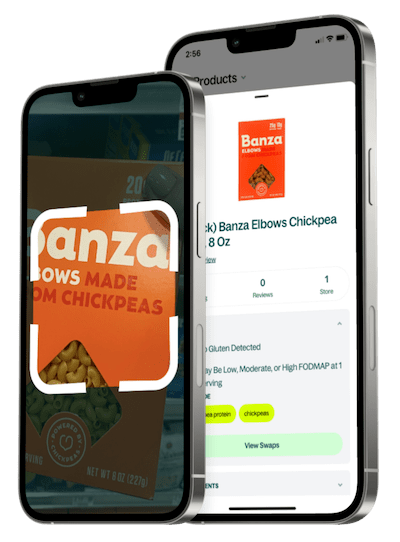Is Pepperoni Pizza Vegan?


Ingredients
enriched flour (wheat flour, malted barley flour, niacin, iron, thiamine mononitrate, riboflavin, folic acid), water, pepperoni (pork, beef, salt, 2% or less of spices, dextrose, lactic acid starter culture, oleoresin of paprika, sodium ascorbate, flavoring, sodium nitrite, BHA, BHT, citric acid), reduced fat mozzarella cheese (pasteurized part skim milk, nonfat milk, modified food starch, cultures, salt, vitamin A palmitate, enzymes), vegetable oil (soybean oil and/or palm oil), water, soybean oil and/or palm oil, margarine (palm oil, water, soybean oil, salt, mono , diglycerides, sodium benzoate and citric acid, soy lecithin, potassium sorbate and citric acid as preservatives, annatto and turmeric color, vitamin A palmitate added), salt, modified food starch, 2% or less of sugar, modified food starch, dough conditioner blend (calcium sulfate, salt, L-cysteine hydrochloride, garlic powder, enzymes), yeast, citrus fiber, dried garlic, dried onion, maltodextrin, citric acid, whey, potassium salt, soy lecithin, spice, paprika, natural flavor, dried egg whites, oleoresin color, dried egg whites
What is a Vegan diet?
A vegan diet excludes all animal-derived foods, including meat, poultry, fish, dairy, eggs, and honey. It focuses on plant-based sources such as fruits, vegetables, grains, legumes, nuts, and seeds. Many people choose veganism for ethical, environmental, or health reasons. When well-planned, it provides sufficient protein, fiber, and antioxidants, though supplementation or fortified foods may be needed for nutrients like vitamin B12, iron, and omega-3 fatty acids. Vegan diets are associated with lower risks of heart disease and improved digestion but require mindfulness to ensure balanced and complete nutrition.


